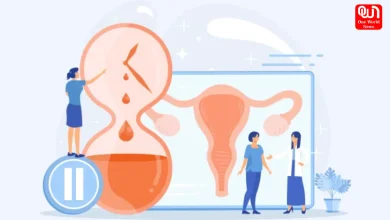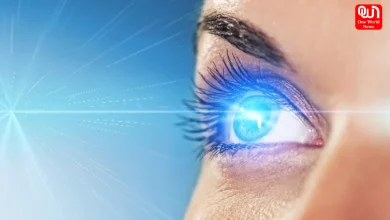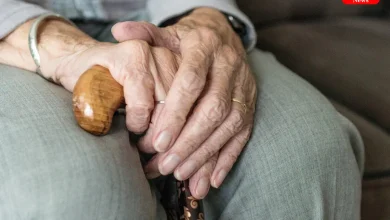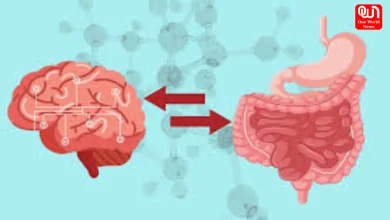Heart Attack Or Cardiac Arrest? Are they the same?
Heart Attack Or Cardiac Arrest? What is the difference between these two or are they the same? Let's find out!
Understanding the difference between Heart Attack Or Cardiac Arrest!
Heart attack and cardiac arrest are both serious medical emergencies related to the heart, but they are distinct conditions with different causes, symptoms, and treatments. Here’s a breakdown of the key differences between the two:
Heart Attack:
Read more: Too much protein can be bad for your heart health! Stop now! (oneworldnews.com)
- Cause: A heart attack, also known as a myocardial infarction, occurs when the blood flow to a part of the heart muscle is blocked. This blockage is typically caused by a buildup of plaque (atherosclerosis) in the coronary arteries, which supply oxygen-rich blood to the heart muscle.
- Symptoms: Common symptoms of a heart attack include chest pain or discomfort that may radiate to the arms, neck, jaw, back, or stomach. Other symptoms may include shortness of breath, nausea, lightheadedness, sweating, and fatigue. However, some heart attacks can occur without any symptoms, especially in women and older adults.
- Treatment: Immediate medical treatment is crucial for a heart attack to minimize damage to the heart muscle. Treatment may include administering aspirin and other medications to thin the blood and dissolve the clot, performing procedures such as angioplasty and stenting to open blocked arteries, or in severe cases, coronary artery bypass surgery.
- Survivability: With prompt medical intervention, many people survive heart attacks and can recover with appropriate treatment and lifestyle changes. However, delays in treatment can increase the risk of complications and death.
Cardiac Arrest:
- Cause: Cardiac arrest occurs when the heart suddenly stops beating effectively, leading to a cessation of blood flow to the body’s organs. This can be due to an electrical malfunction in the heart (ventricular fibrillation or tachycardia) or other underlying heart conditions.
- Symptoms: Cardiac arrest often occurs suddenly and without warning. The person may collapse suddenly, lose consciousness, and stop breathing or have abnormal gasping breaths. There are usually no other warning signs or symptoms before cardiac arrest occurs.
- Treatment: Cardiac arrest is a medical emergency that requires immediate intervention to restore normal heart function and circulation. Treatment typically involves performing cardiopulmonary resuscitation (CPR) to manually pump blood to the body’s vital organs and using a defibrillator to deliver an electric shock to the heart to restore its normal rhythm. Advanced life support measures may be required, including medications and placement of a temporary pacemaker.
- Survivability: The survival rate for cardiac arrest depends on various factors, including the underlying cause, the timing and effectiveness of CPR and defibrillation, and the availability of advanced medical care. Prompt bystander intervention and access to automated external defibrillators (AEDs) can significantly improve survival rates.
In summary, while both heart attack and cardiac arrest are serious cardiac events, they have different causes, symptoms, and treatments. A heart attack involves a blockage in the coronary arteries, leading to reduced blood flow to the heart muscle, while cardiac arrest is a sudden cessation of heart function, often due to an electrical malfunction. Immediate medical attention is essential for both conditions to minimize complications and improve outcomes.
Read more: 10 Best and Worst Foods for People Trying to Quit Cigarettes (oneworldnews.com)
Like this post?
Register at One World News to never miss out on videos, celeb interviews, and best reads.








